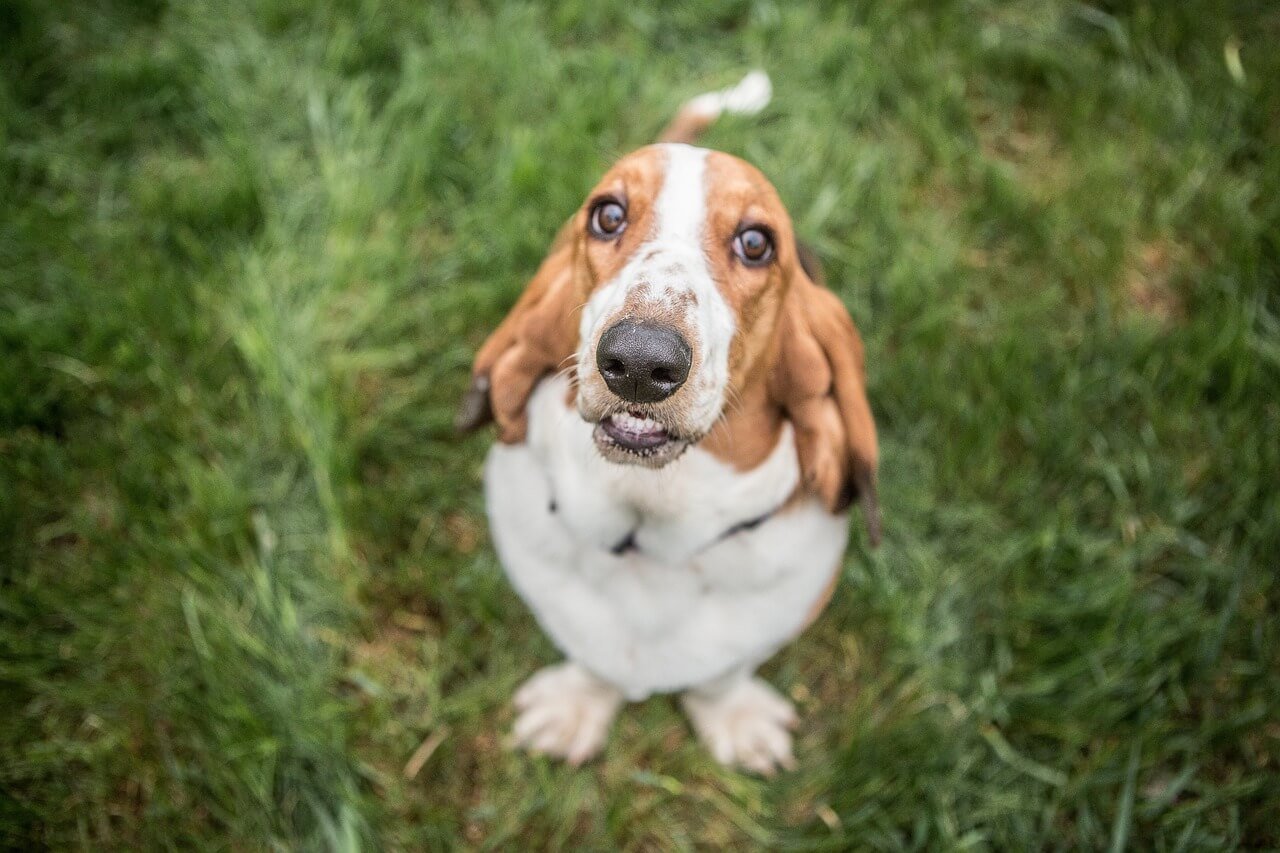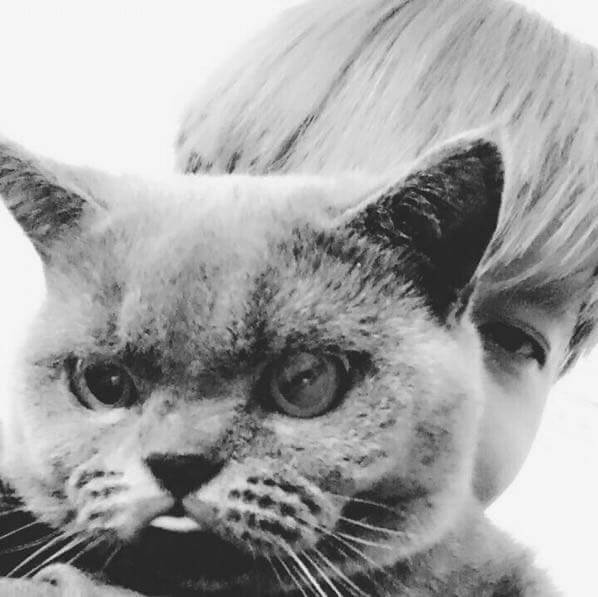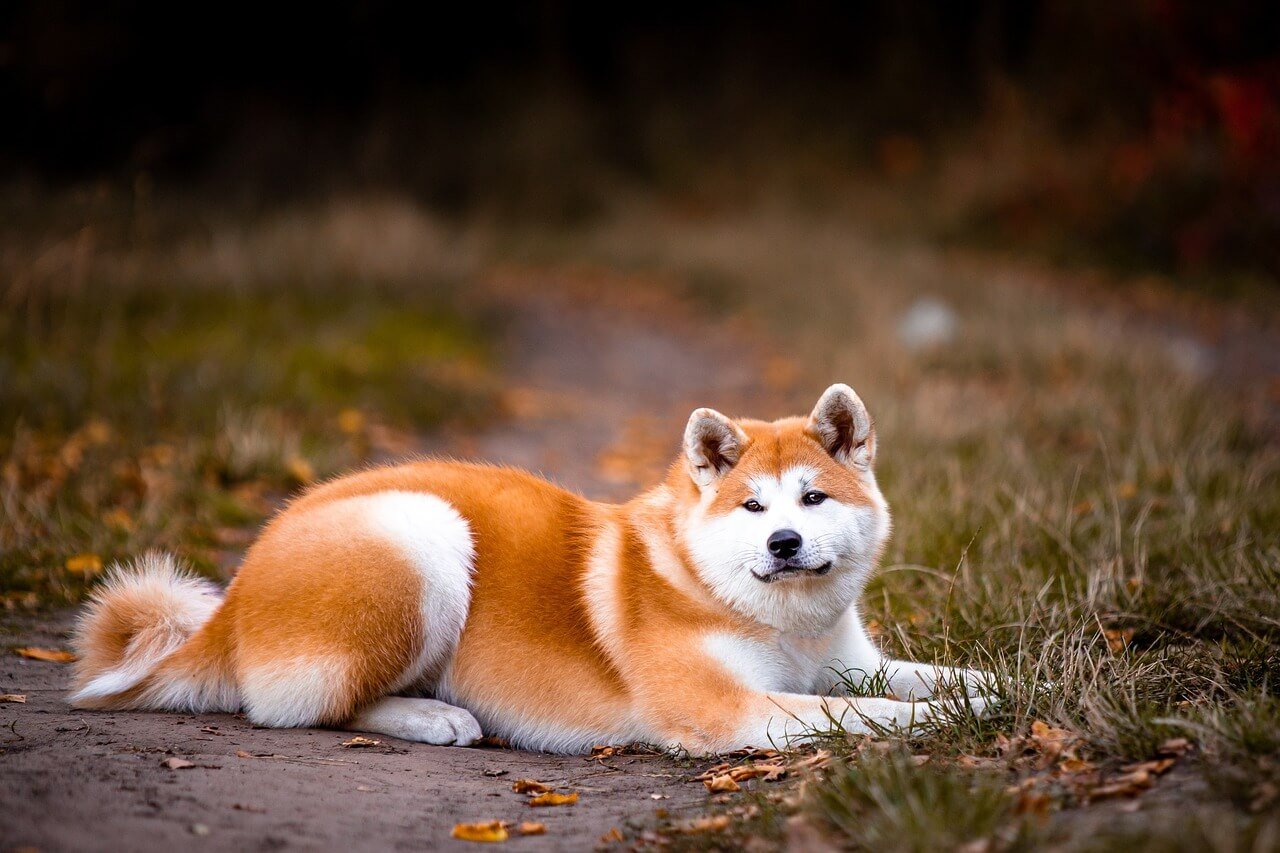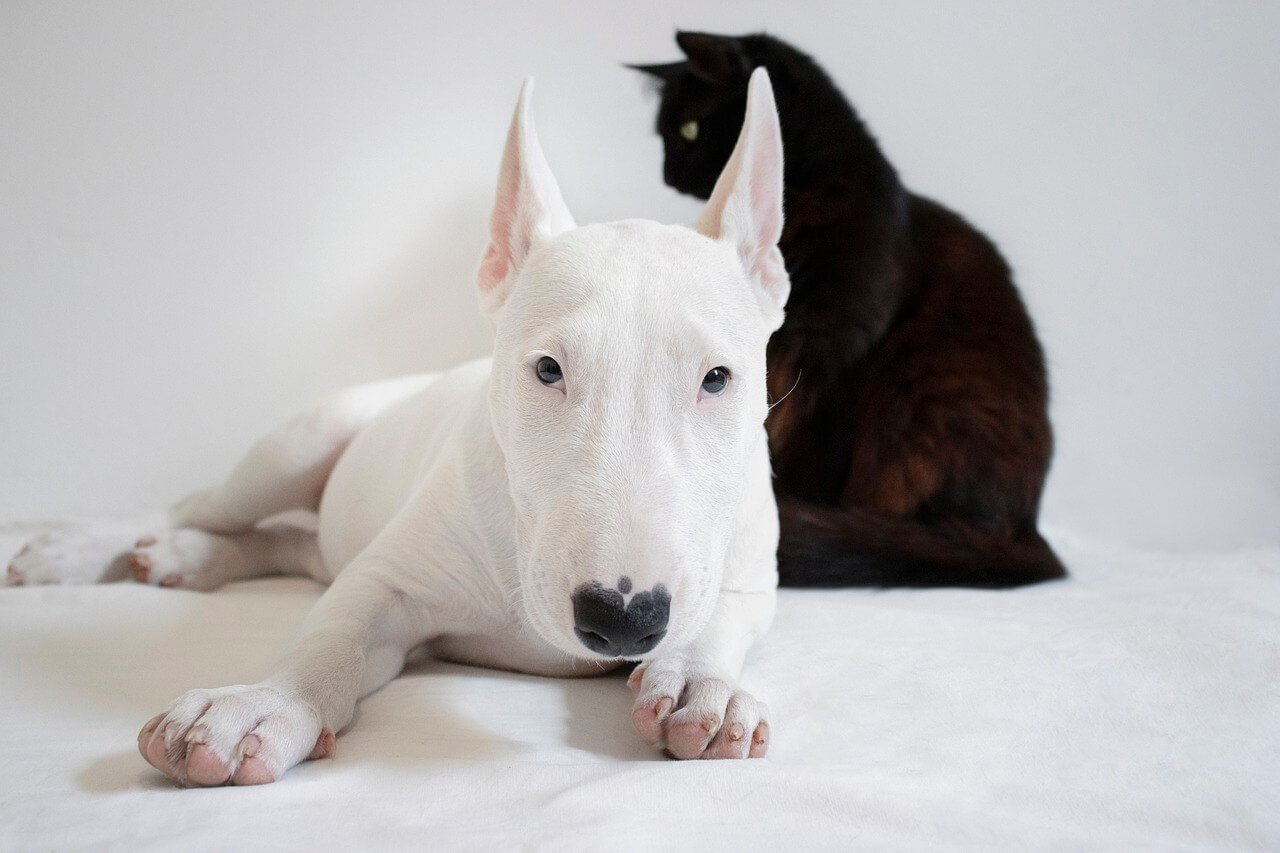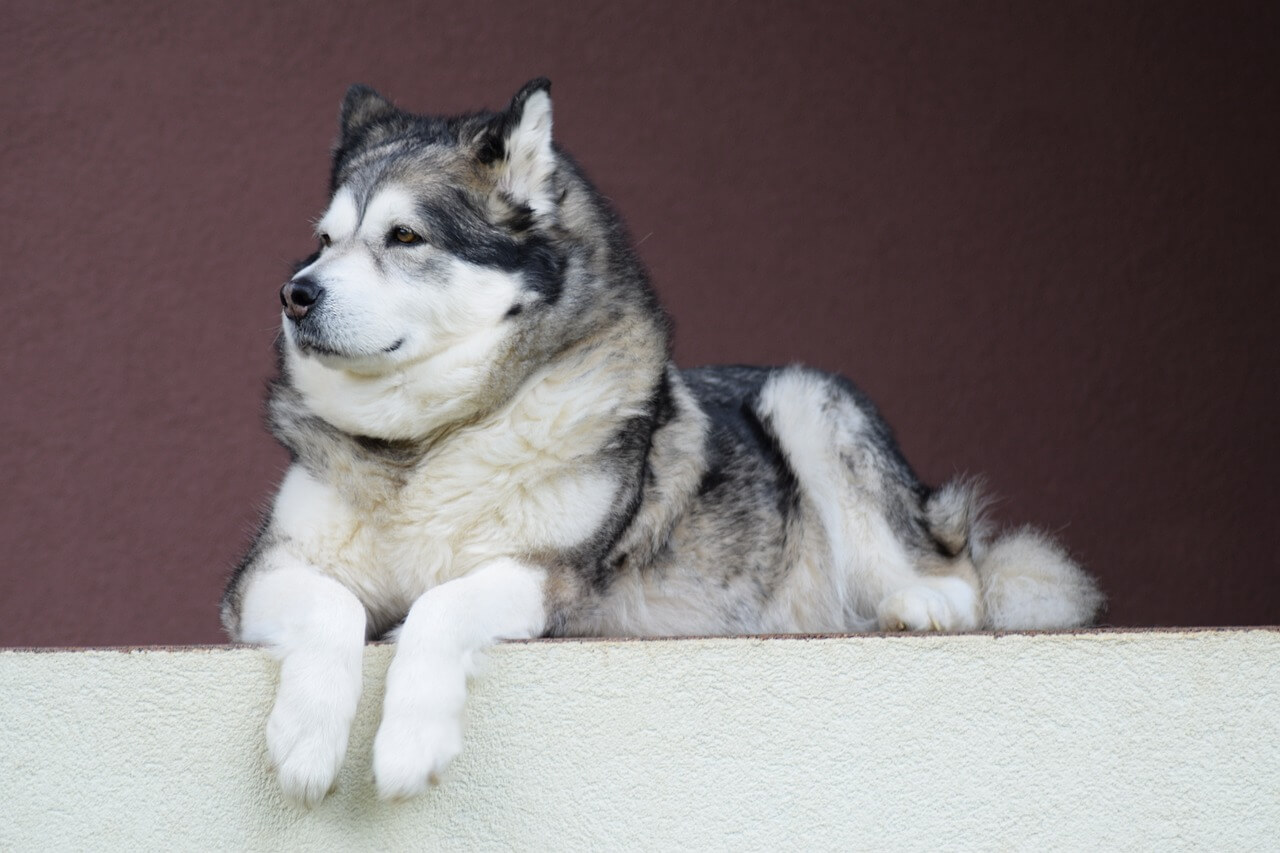The Basset Hound is a unique, lovable dog breed known for its long bodies, short legs, and iconic droopy ears. If you're considering adopting a basset hound dog, check local rescue groups for available pets. Bred as scent hounds with an extraordinary sense of smell, these short-legged dogs have a distinct look that has earned them popularity among families and individuals alike. This comprehensive guide will walk you through all aspects of Basset Hounds, from their personality and care needs to their health issues and training tips. Whether you’re considering a Basset Hound puppy or already own one, this article covers everything you need to know.
Physical Traits of Basset Hounds: What to Expect
Basset Hounds have a distinctive body shape, with long bodies and short legs that give them their unique look. Their loose skin and droopy eyes can be endearing, but they also come with some responsibility for care. It’s essential to keep their ears clean to prevent yeast infections and ear infections, common issues for this breed.
Despite their short legged appearance, Basset Hounds are strong and determined, often surprising their owners with their tracking ability and perseverance. They are medium-sized dogs that fall under the hound dog category, making them great for people who appreciate the energy of hunting dogs but don't want a large breed.
Their weight gain can be a concern due to their slow metabolism and love for food, so high-quality dog food and moderate exercise are vital in maintaining their health. Like most Basset Hounds, they tend to be prone to hip dysplasia, a condition that can affect the hip joint and cause discomfort over time. Regular check-ups with responsible breeders and care from reputable breeders can help manage these concerns.
Basset Hound Personality: What Makes Them Unique
The Basset Hound is a scent hound, bred to hunt small game due to their amazing sense of smell. This breed is known for being laid back and affectionate so they make great family dogs. But Basset Hounds can be serious barkers, especially if they’re not getting enough attention or exercise. Their nuisance barking can be a problem for some families but with the right training and exercise they can be great companions.
Their long ears and floppy ears aren’t just cute; they’re part of their ability to track scents. Basset Hounds were bred by French aristocrats and are sometimes called Hubert’s Hound after Saint Hubert of Belgium the patron saint of hunters.
Health and Common Issues in Basset Hounds
As a medium-sized breed, Basset Hounds are prone to several health issues. Some of the most common concerns include hip dysplasia, ear infections, and weight gain. Their loose lips and long ears can make them susceptible to yeast infections and other ear-related problems, so regular cleaning is crucial. Responsible breeders play a vital role in maintaining the health standards of Basset Hounds by conducting genetic testing on parent dogs before breeding and providing health clearances to ensure potential owners are aware of any hereditary health issues associated with the breed.
Hip Dysplasia: Due to their unique body structure, Bassets may develop hip dysplasia over time. This condition, common in short-legged dogs, can cause discomfort and limit mobility. Regular moderate exercise and monitoring their body shape are essential to prevent complications.
Ear Infections: Their droopy ears and folds of loose skin around the face trap moisture, making ear infections a frequent concern. To minimize risk, clean their ears regularly and ensure they stay dry.
Weight Gain: Bassets have a hearty appetite and can gain weight quickly. Choosing high-quality dog food and feeding in moderation helps maintain a healthy weight and reduces strain on their hip joint and short legs.
Understanding Behavior and Body Language
Basset Hounds have gained a reputation, for their relaxed nature making them wonderful companions, for individuals who enjoy a laid back lifestyle. Despite their temperament it is important to ensure they receive exercise in order to maintain good health.
Interestingly, Basset Hounds transitioned from hunting dogs to family pets, partly due to the influence of Hush Puppies™ shoes, which helped familiarize the public with the breed through advertising and popular culture.
Their expressive eyes and long ears are key to understanding their emotions. A head tilt can indicate curiosity or an attempt to pick up a sound, a behavior that’s both adorable and reflective of their inquisitive nature.
Recognizing these behaviors, like why they chase their tails or tilt their heads, can strengthen your bond with your Basset Hound, making every day with them a rewarding experience.
Training Tips for Basset Hounds
Training a Basset Hound takes patience. They are smart but can be stubborn so positive reinforcement with treats and praise works best. Socialization at an early age is also good, to help them get used to other breeds, environments and people. House training may take a little longer but consistency is key.
Diet and Nutrition
Basset Hounds are prone to weight gain and health problems if overfed, so it’s essential to provide a balanced diet. High-quality dog food, rich in nutrients and low in fillers, is ideal for maintaining their health. Consult your vet to determine appropriate portion sizes based on your Basset Hound puppy or adult dog’s age, size, and activity level.
Healthy Snacks: Low-calorie treats like cucumbers or carrots can satisfy their cravings without adding extra calories.
Grooming and Care
The short coat of the Basset Hound makes grooming relatively easy. Weekly brushing can help keep their coat shiny and free from loose hair. Occasional baths are enough, but remember that over-bathing can strip the coat of natural oils. Their long ears need regular cleaning to prevent infections, and dental care is also essential to avoid life-threatening conditions like periodontal disease.
The Basset Hound in Different Climates
Basset Hounds are adaptable and can live happily in various climates, but as a responsible owner, you should be aware of how different weather conditions affect them.
In colder climates, their short coat doesn't offer much insulation. During winter, you might need to provide extra warmth for your Basset Hound. A cozy dog bed and a warm indoor environment are essential. If you're taking them out in the snow, a doggie sweater or coat can help. After all, not every dog is as enthusiastic about snow as some might be.
Conversely, in hotter climates, Basset Hounds require protection from overheating. Their dense coat can make them prone to heatstroke, so ensure they have access to shade and plenty of water. During peak summer days, it's best to walk them during cooler mornings or evenings.
Exercise and Activities
Basset Hounds are not the most energetic breed but they still need exercise to stay healthy. They have a level of exercise requirements which makes them adaptable to living arrangements.
Walking is good for Basset Hounds. They love to amble and sniff with their powerful sense of smell. Just make sure these walks are not too strenuous because of their short legs and long backs.
If you’re an outdoor person and love to hike, taking your Basset Hound with you can be an adventure. Just remember to keep the trails easy and the walks short.
Choosing Accessories for Your Basset Hound
Due to their physical traits, Bassets require specific types of accessories. A large orthopedic bed supports their long backs and keeps them comfortable. When choosing a leash, consider a harness instead of a collar to avoid strain on their neck and long ears.
Choosing the Right Dog Bed for Basset Hounds
Given their long bodies and short legs, Basset Hounds need a comfortable bed that provides proper support for their joints and spine. A large orthopedic dog bed is ideal, especially as they age and may experience issues like hip dysplasia. Look for beds with memory foam or high-density padding that cushions their weight and relieves pressure on their hip joint. A spacious bed also allows them to stretch out and relax fully.
Best Toys to Keep Your Basset Hound Engaged
Basset Hounds are intelligent dogs with a strong tracking ability, so interactive toys that challenge their mind and scenting skills are excellent choices. Look for toys that hide treats or have compartments they can explore, encouraging natural hunting instincts. Squeaky toys can also be a hit due to their serious barkers nature, providing mental stimulation and keeping them engaged. Rotating different toys regularly can help prevent boredom, and chew toys are great for maintaining dental health.
Basset Hound Breed Organizations
The Basset Hound is recognized by several national breed clubs, including the American Kennel Club (AKC) and the United Kennel Club (UKC). The AKC is one of the largest and most well-established kennel clubs in the world, and it provides a wealth of information and resources for Basset Hound owners and breeders. The Basset Hound Club of America is the national breed club for the Basset Hound in the United States, and it is dedicated to promoting the breed and providing support for Basset Hound owners and breeders. Reputable breeders who are members of these organizations are committed to breeding healthy, well-socialized Basset Hound puppies that make excellent companions for families and hunters alike.
Conclusion
Owning a Basset Hound is a fulfilling experience. Known for their unique looks and lovable personalities, these scent hounds bring joy and companionship to any home. With proper care, a healthy diet, regular exercise, and regular grooming, your Basset Hound will be a loyal friend for over a decade. Their charming nature and expressive faces make every day a joy, making them one of the most cherished dog breeds in the world.


